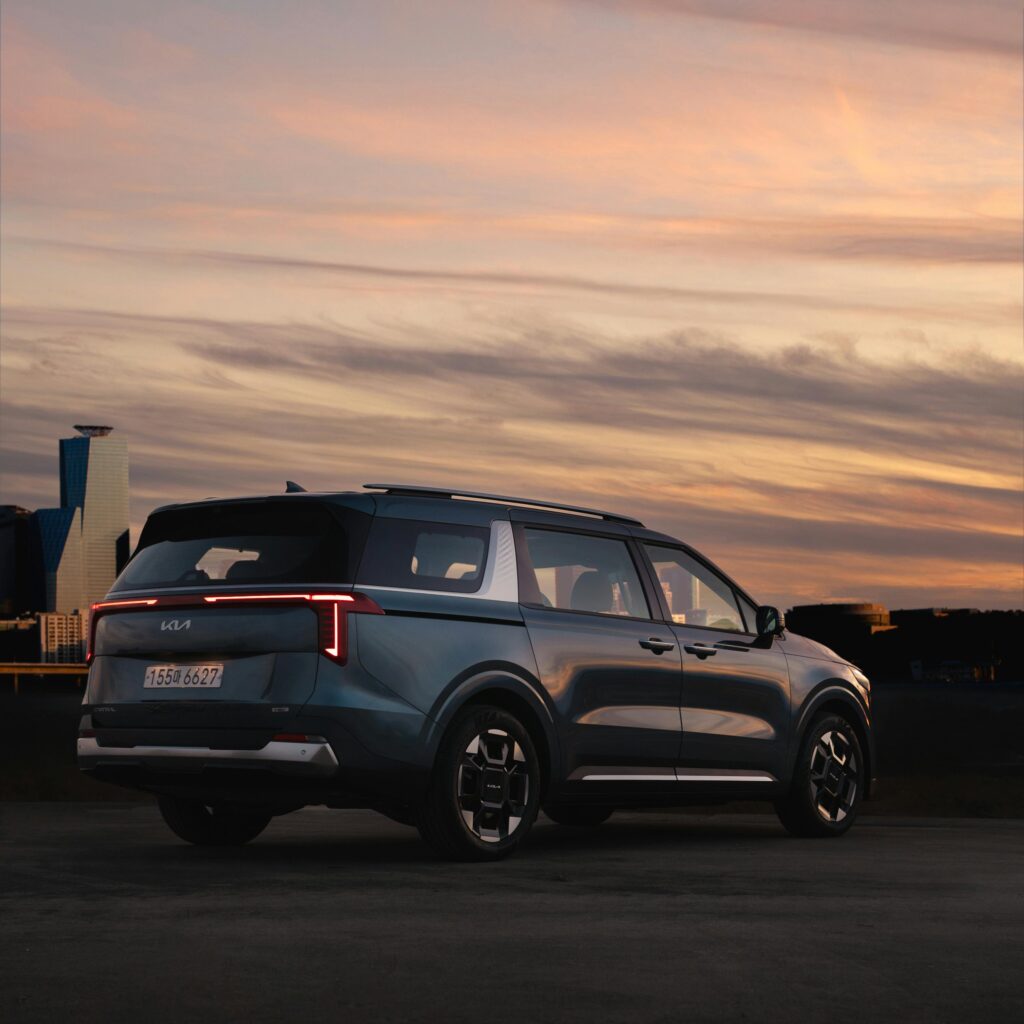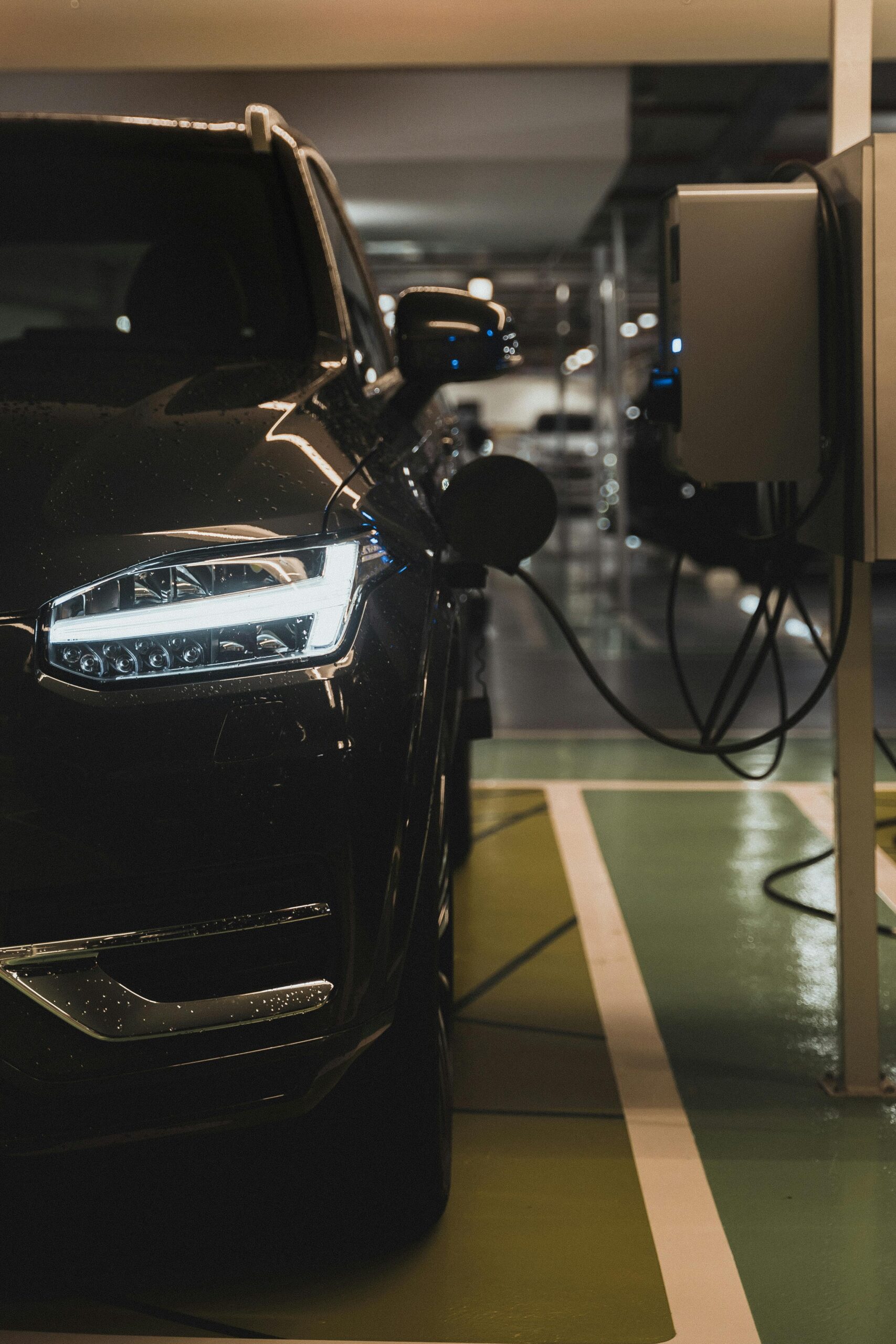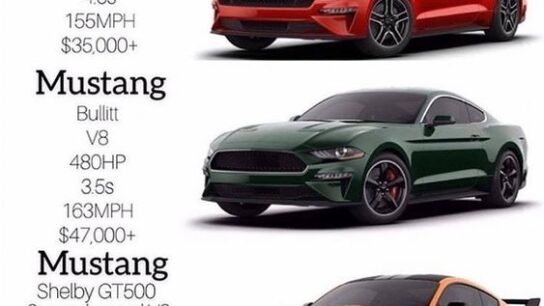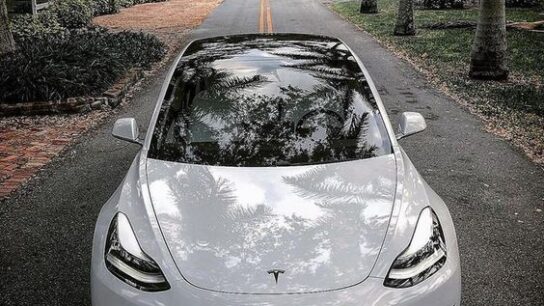As the world continues to grapple with environmental challenges, the automotive industry is undergoing a significant transformation. The rise of eco-friendly highway cars is a testament to our collective commitment to sustainability and reducing our carbon footprint. In 2024, the landscape of eco-friendly vehicles is more exciting than ever, with advancements in technology and a growing array of options for environmentally conscious drivers. In this blog, we’ll explore what makes highway cars eco-friendly, highlight some of the best models available today, and discuss how they contribute to a more sustainable future.
Understanding Eco-Friendly Highway Cars
What Makes a Car Eco-Friendly?
Eco-friendly highway cars are designed with various features and technologies that minimize their environmental impact. These features typically include:
- Fuel Efficiency: High miles per gallon (MPG) ratings help reduce the amount of fuel consumed and the associated emissions.
- Alternative Fuels: Cars that run on alternative fuels such as electricity, hydrogen, or biofuels produce fewer pollutants compared to traditional gasoline or diesel engines.
- Low Emissions: Advanced emission control systems and clean-burning engines contribute to lower greenhouse gas emissions.
- Sustainable Materials: Many eco-friendly cars use recycled or sustainably sourced materials in their construction.
The Shift to Electric Vehicles (EVs)
Electric vehicles (EVs) are at the forefront of the eco-friendly movement. With advancements in battery technology and charging infrastructure, EVs have become a viable option for highway driving. Here’s why EVs are a significant part of sustainable driving in 2024:
1. Zero Tailpipe Emissions
EVs produce no tailpipe emissions, which means they don’t release harmful pollutants such as nitrogen oxides, carbon monoxide, or particulate matter. This contributes to improved air quality, especially in urban areas where traffic congestion is common.
2. Increased Range and Fast Charging
Modern EVs offer impressive ranges that make them suitable for long highway journeys. With advancements in battery technology, many new models can travel over 300 miles on a single charge. Fast-charging networks are also expanding, allowing drivers to recharge their vehicles quickly during road trips.
3. Energy Efficiency
Electric drivetrains are inherently more efficient than internal combustion engines. EVs convert a higher percentage of the energy from the battery into motion, resulting in better overall energy efficiency and lower energy consumption.click here

Hybrid Vehicles: A Balanced Approach
Hybrid vehicles combine an internal combustion engine with an electric motor, offering a balance between fuel efficiency and power. Here’s how hybrids contribute to sustainable driving:
1. Improved Fuel Economy
Hybrid vehicles use a combination of gasoline and electric power to improve fuel economy. The electric motor assists the engine during acceleration and cruising, reducing the amount of fuel needed and improving overall MPG.
2. Regenerative Braking
Many hybrid vehicles feature regenerative braking systems, which capture energy that would otherwise be lost during braking and convert it into electricity to recharge the battery. This helps improve efficiency and extends the vehicle’s range.
3. Lower Emissions
By utilizing electric power during low-speed driving and idling, hybrids can significantly reduce emissions compared to traditional gasoline-powered cars.

Hydrogen Fuel Cell Vehicles
Hydrogen fuel cell vehicles (FCVs) are another promising option for sustainable highway driving. These vehicles use hydrogen gas to generate electricity, which powers an electric motor. Here’s why hydrogen FCVs are gaining attention:
1. Fast Refueling
Hydrogen FCVs can be refueled in just a few minutes, similar to traditional gasoline vehicles. This makes them a convenient option for long highway trips, as they don’t require lengthy charging times.
2. Zero Emissions
The only byproduct of a hydrogen fuel cell is water vapor, making FCVs an excellent choice for reducing greenhouse gas emissions. They produce no harmful pollutants or particulate matter.
3. Long Range
Many hydrogen FCVs offer a range comparable to or exceeding that of traditional gasoline vehicles, making them suitable for extended highway driving.

Leading Eco-Friendly Highway Cars of 2024
Several models stand out in 2024 for their eco-friendly features and performance on the highway. Here are a few notable options:
1. Tesla Model S Long Range
The Tesla Model S Long Range remains a top choice for eco-friendly highway driving. With a range of over 400 miles on a single charge and rapid acceleration, it combines luxury with sustainability. Tesla’s extensive Supercharger network ensures that long trips are convenient and efficient.
2. Toyota Prius Prime
The Toyota Prius Prime is a plug-in hybrid that offers both electric-only driving and extended range with its gasoline engine. With an electric range of around 25 miles and a total range of over 600 miles, it’s a versatile option for highway driving and daily commutes.
3. Hyundai Nexo
The Hyundai Nexo is a hydrogen fuel cell vehicle that provides a range of up to 380 miles on a full tank of hydrogen. With fast refueling and zero emissions, it’s a leading choice for drivers looking to embrace hydrogen technology.
4. Ford Mustang Mach-E
The Ford Mustang Mach-E is an all-electric SUV that combines performance with sustainability. With a range of over 300 miles and a stylish design, it’s a popular choice for those seeking a more eco-friendly driving experience without sacrificing power or comfort.

Benefits of Eco-Friendly Highway Cars
Driving an eco-friendly highway car offers several benefits, both for the environment and the driver:
1. Reduced Carbon Footprint
By choosing a vehicle with lower emissions or zero tailpipe emissions, you contribute to a reduction in greenhouse gases and help combat climate change.
2. Cost Savings
Eco-friendly vehicles often have lower operating costs due to reduced fuel consumption and, in some cases, tax incentives or rebates. Electric vehicles, in particular, have lower maintenance costs since they have fewer moving parts compared to internal combustion engines.
3. Enhanced Driving Experience
Many eco-friendly cars offer a smooth and quiet driving experience. Electric motors provide instant torque, resulting in quick acceleration and a more enjoyable driving experience.
4. Positive Environmental Impact
Driving an eco-friendly car helps reduce air pollution, conserve natural resources, and promote the use of renewable energy sources. It’s a tangible way to make a positive impact on the environment.
The Future of Eco-Friendly Highway Driving
The future of eco-friendly highway driving looks promising, with continued advancements in technology and growing awareness of environmental issues. Here’s what we can expect in the coming years:
1. Greater Adoption of Electric Vehicles
As battery technology improves and charging infrastructure expands, electric vehicles are expected to become even more mainstream. Innovations such as solid-state batteries and wireless charging may further enhance the convenience and efficiency of EVs.
2. Expansion of Hydrogen Fueling Stations
The growth of hydrogen fueling infrastructure will make hydrogen FCVs more accessible and practical for drivers. Investments in hydrogen production and distribution will support the wider adoption of this technology.
3. Increased Focus on Sustainability
Automakers are increasingly prioritizing sustainability in their manufacturing processes. We can expect to see more vehicles made from recycled materials and greater emphasis on reducing the environmental impact of vehicle production.
4. Integration of Autonomous Driving
The integration of autonomous driving technology may further enhance the efficiency of eco-friendly highway cars. Autonomous vehicles can optimize driving patterns, reduce energy consumption, and contribute to safer and more efficient roadways.
Conclusion
Eco-friendly highway cars are revolutionizing the way we think about transportation. In 2024, the choices for sustainable driving are more diverse and advanced than ever, offering a range of options for environmentally conscious drivers. Whether you’re interested in electric vehicles, hybrids, or hydrogen fuel cell technology, there’s an eco-friendly car to suit your needs. By choosing a highway car that prioritizes sustainability, you contribute to a cleaner, greener future and enjoy the benefits of reduced emissions, cost savings, and enhanced driving experiences.click here
As we continue to make strides in sustainable transportation, eco-friendly highway cars will play a crucial role in shaping a more sustainable world. Embrace the future of driving with an eco-friendly highway car and join the movement towards a cleaner, greener planet.






